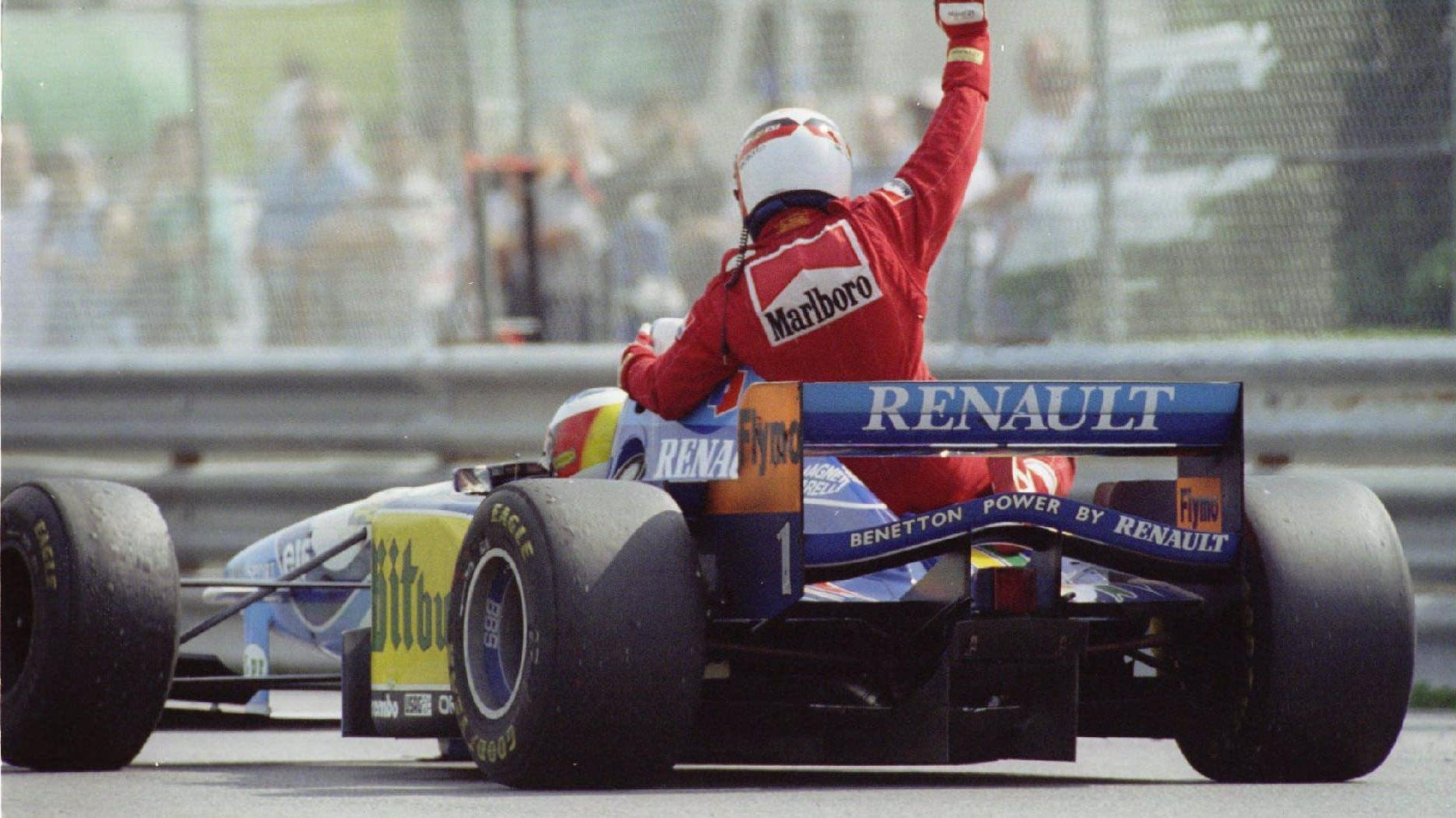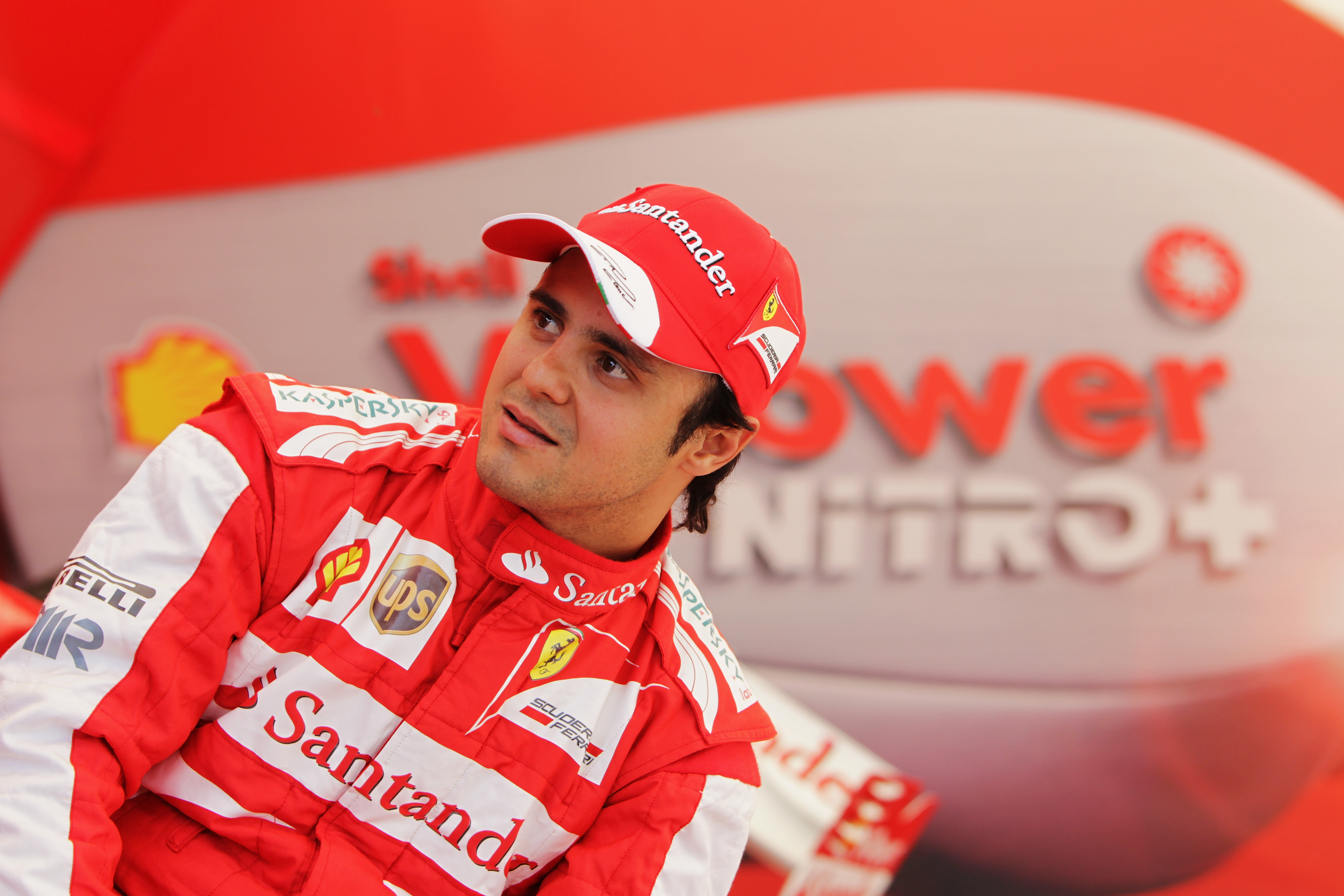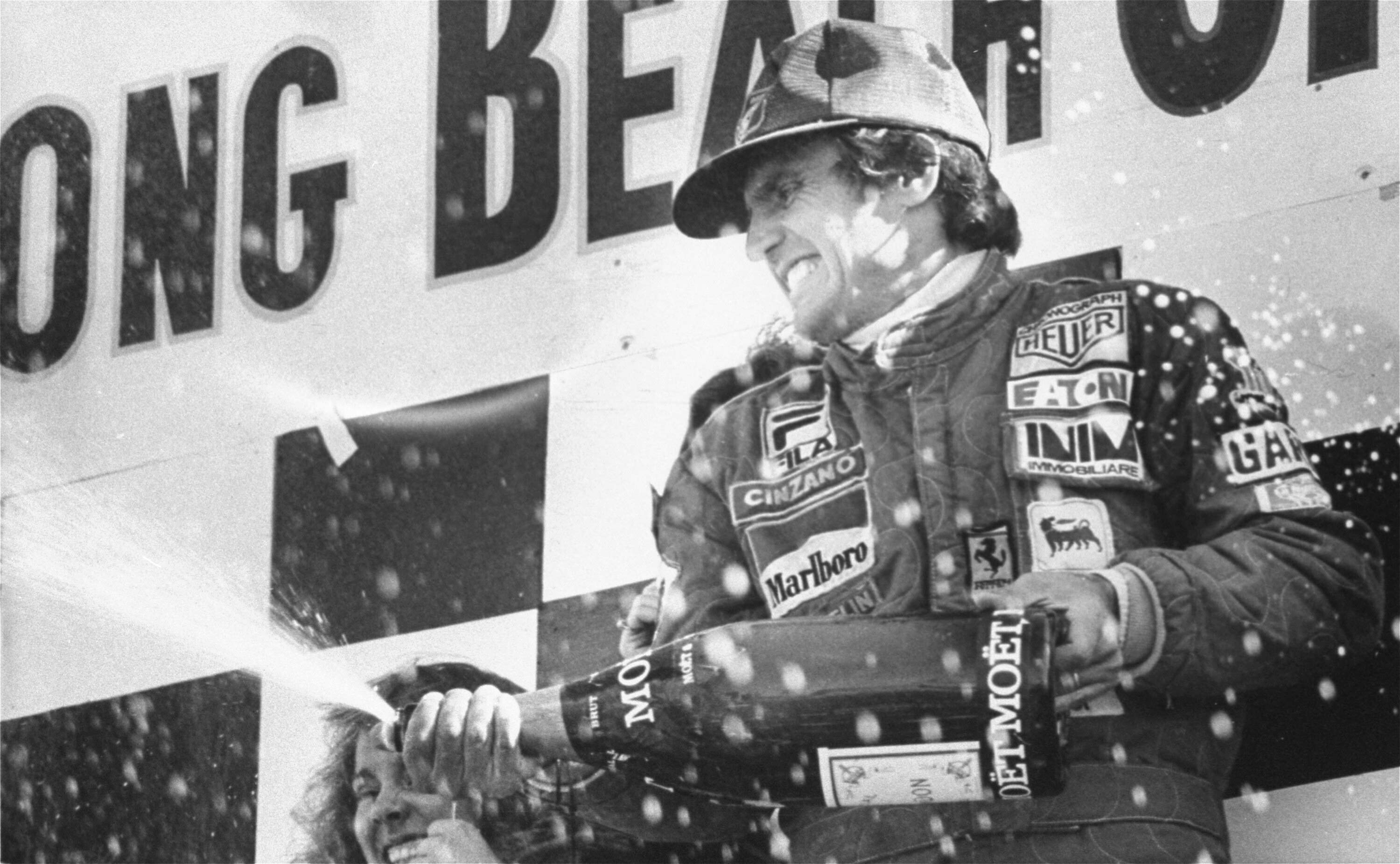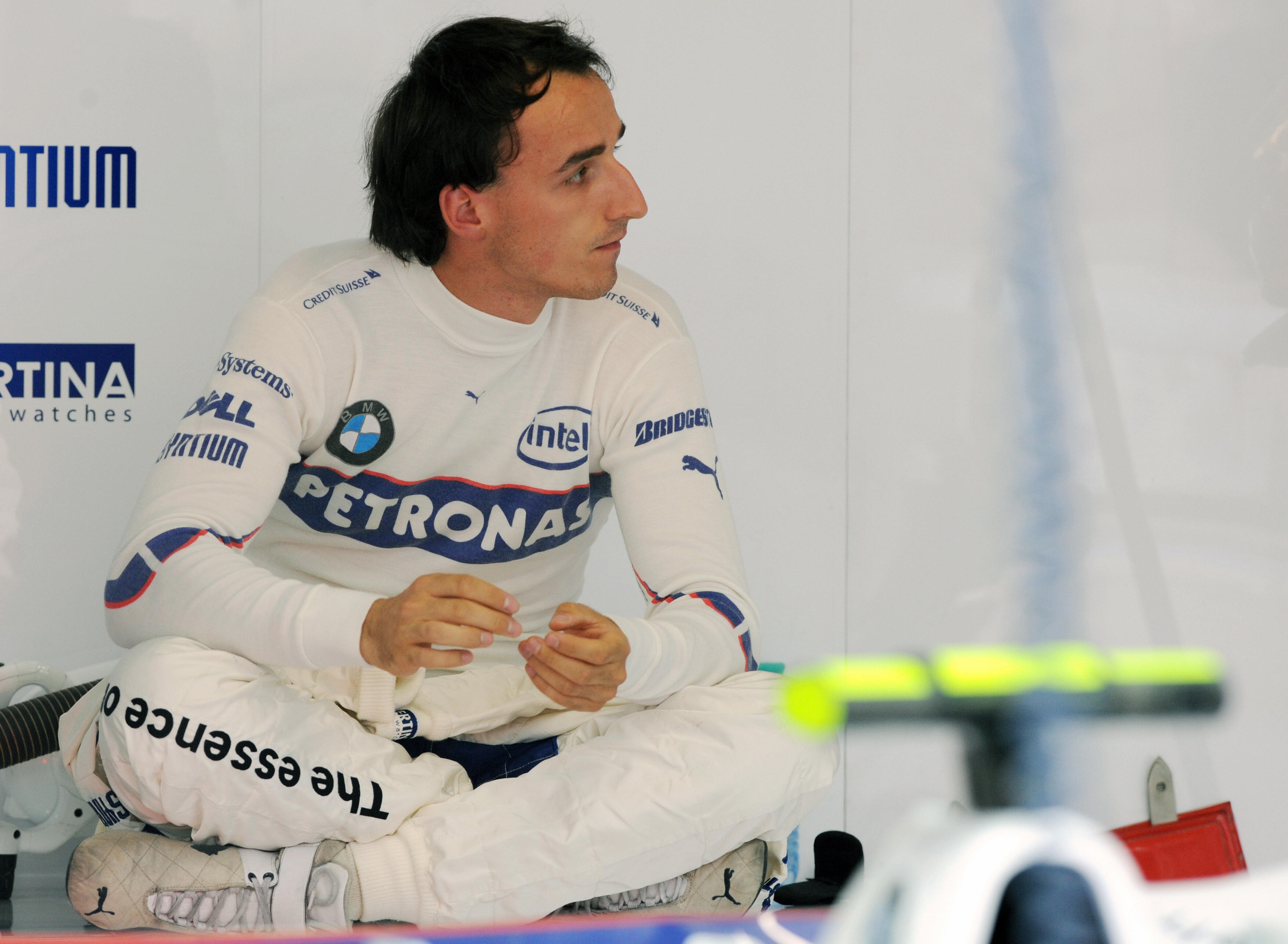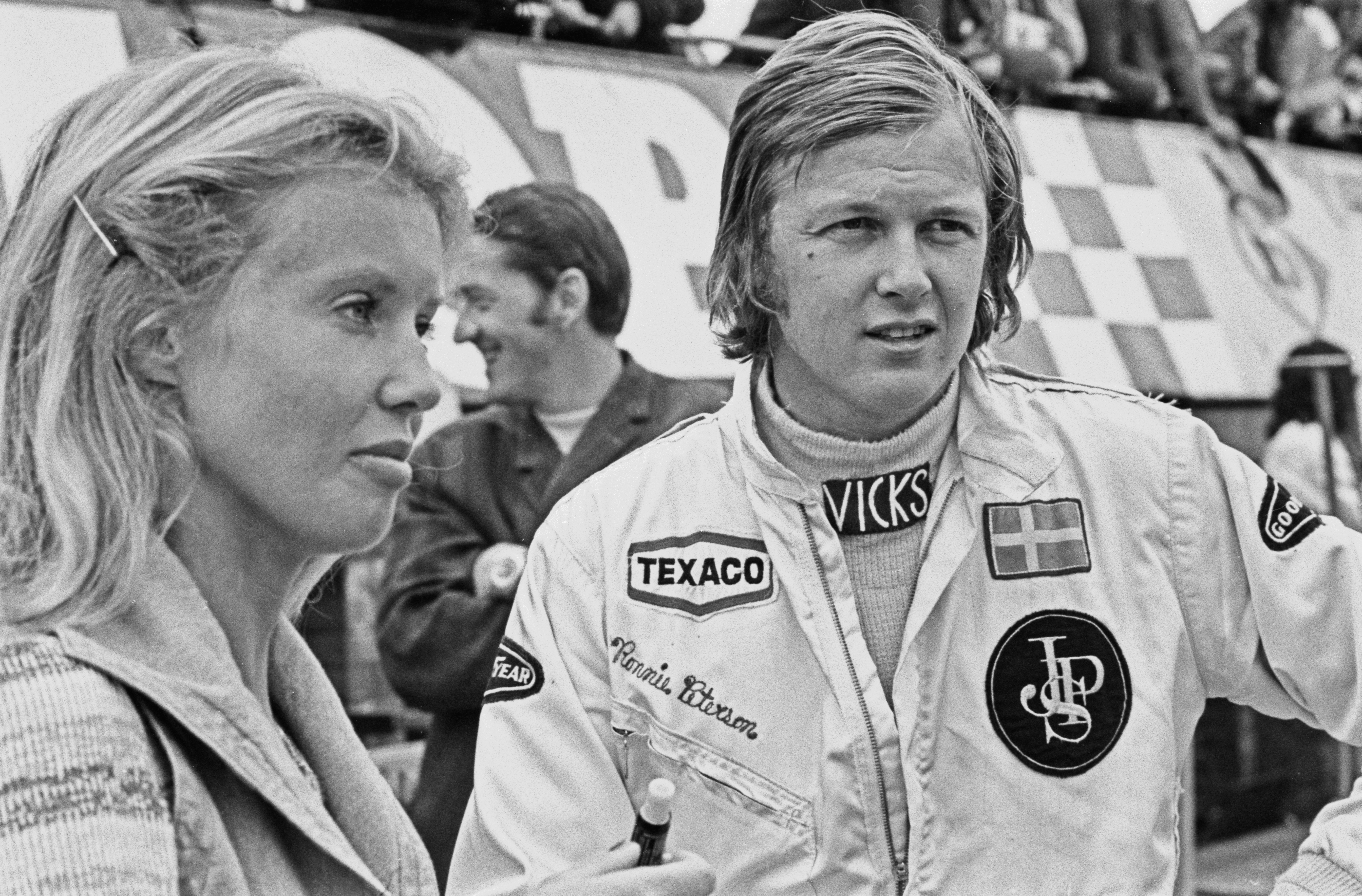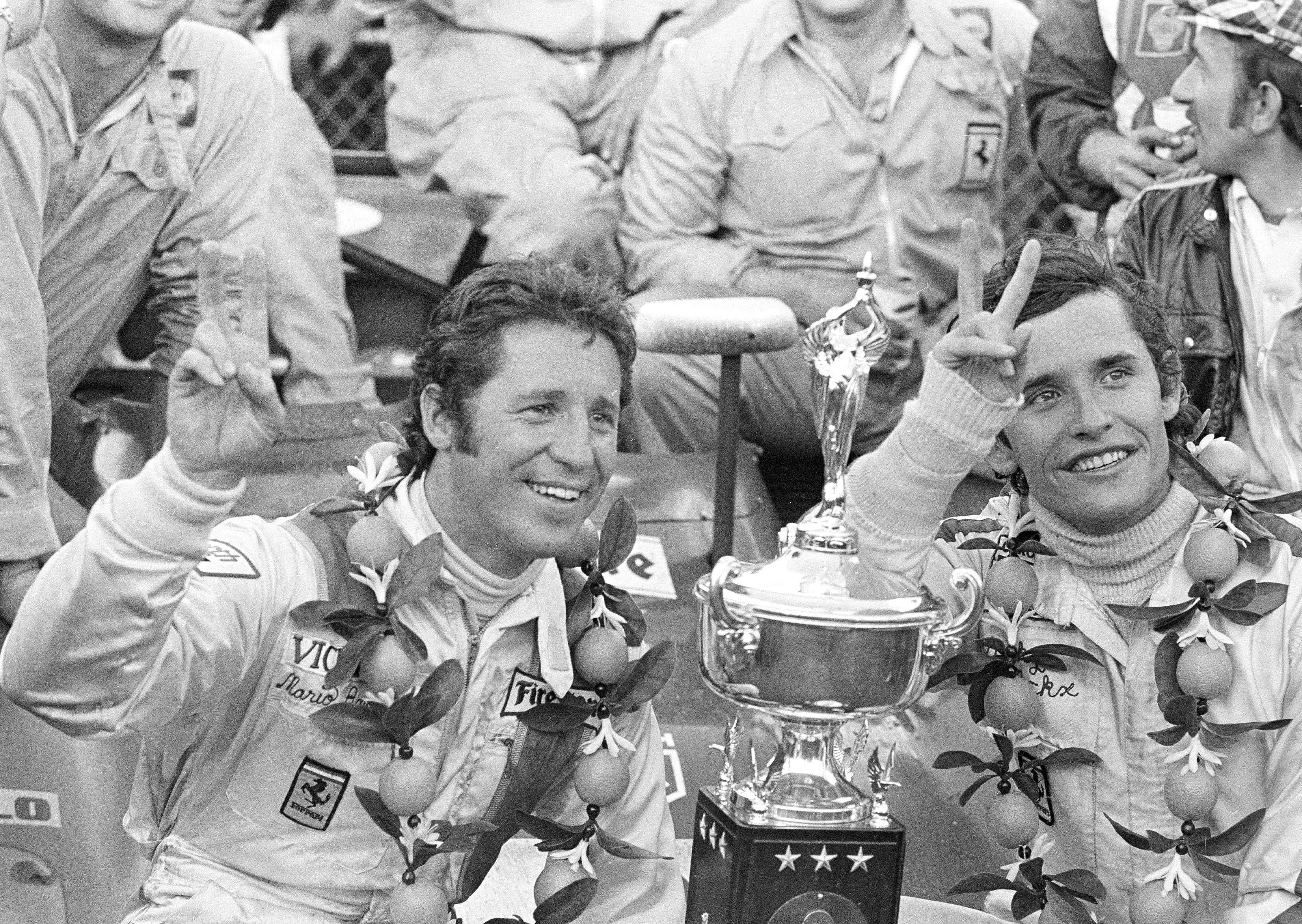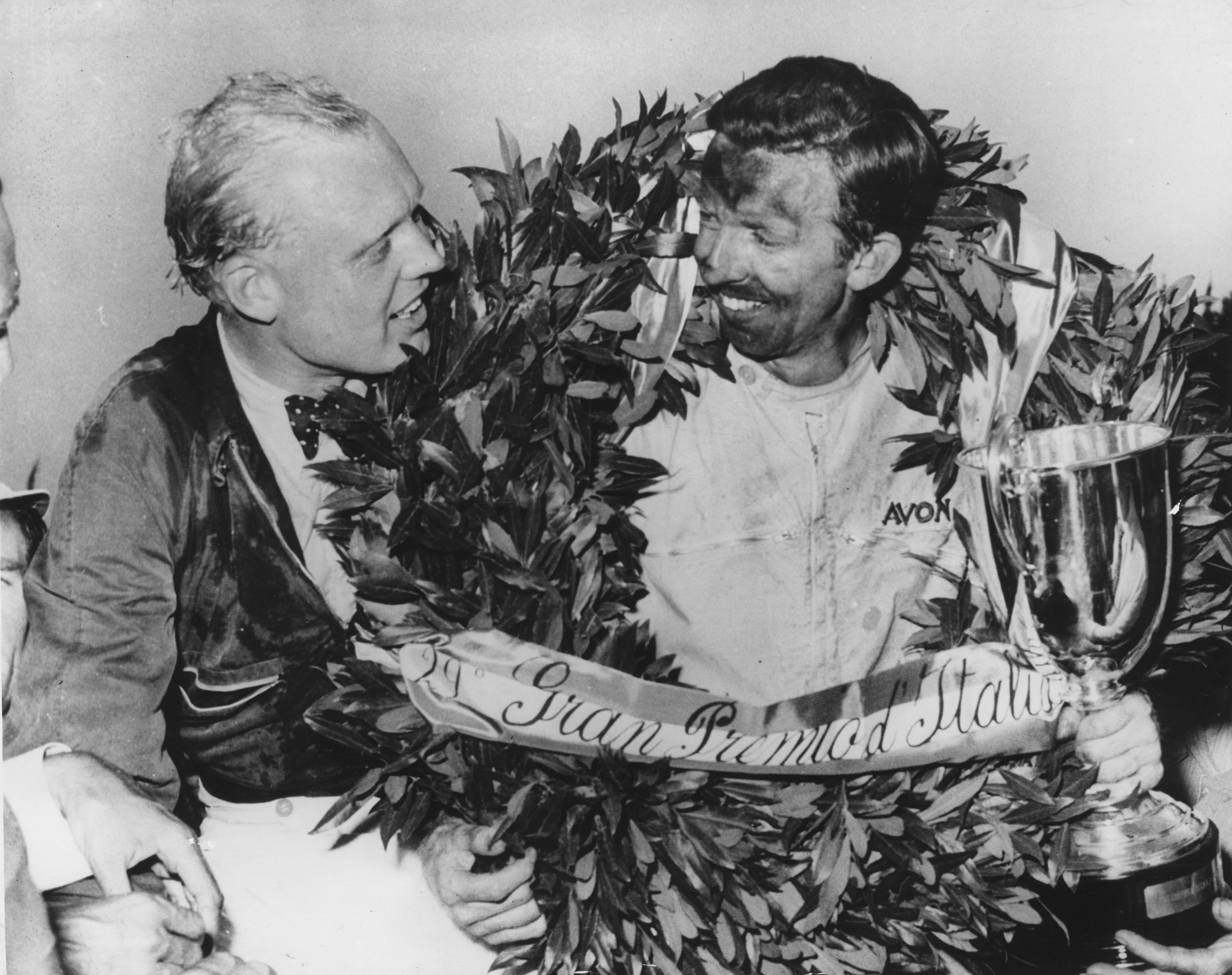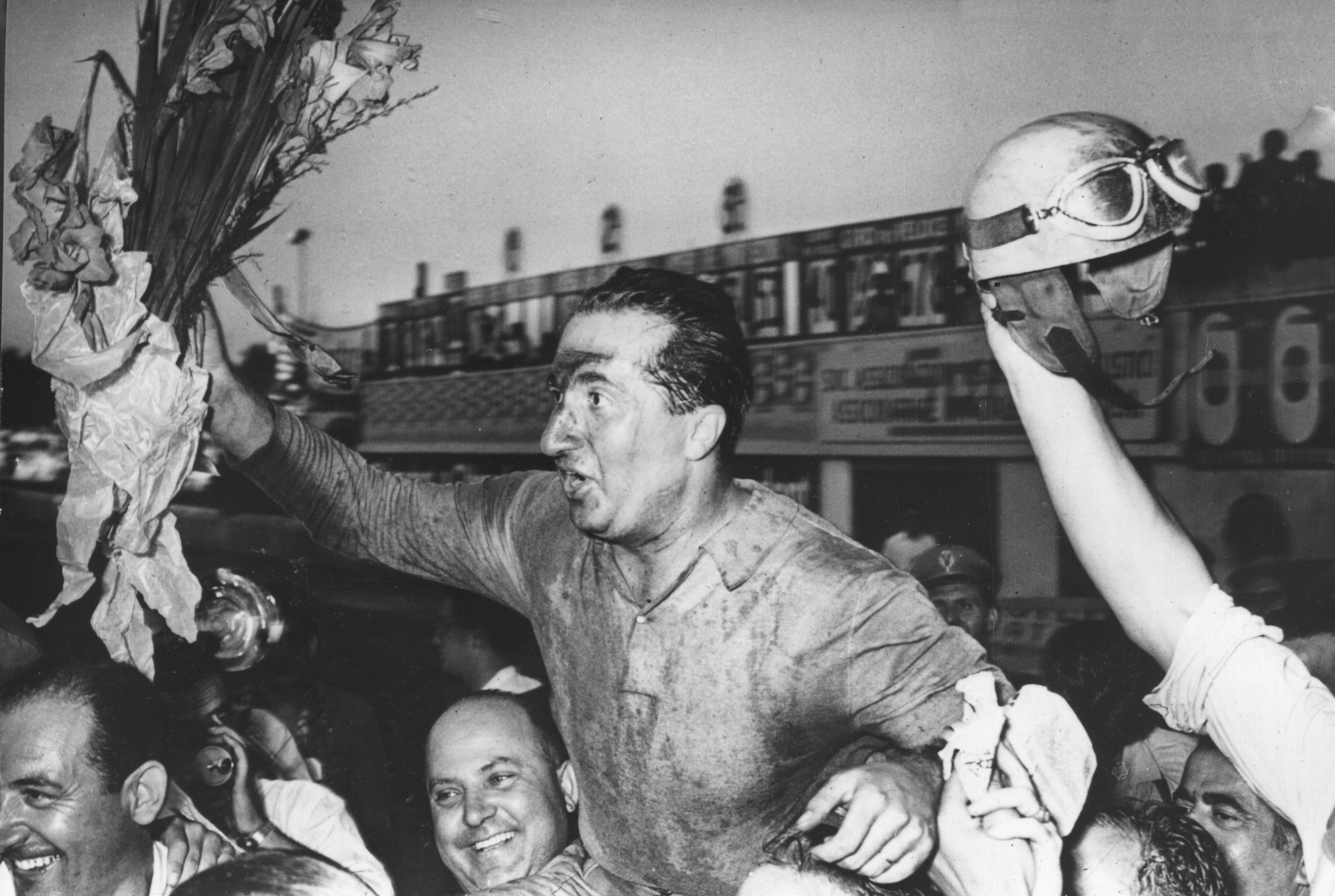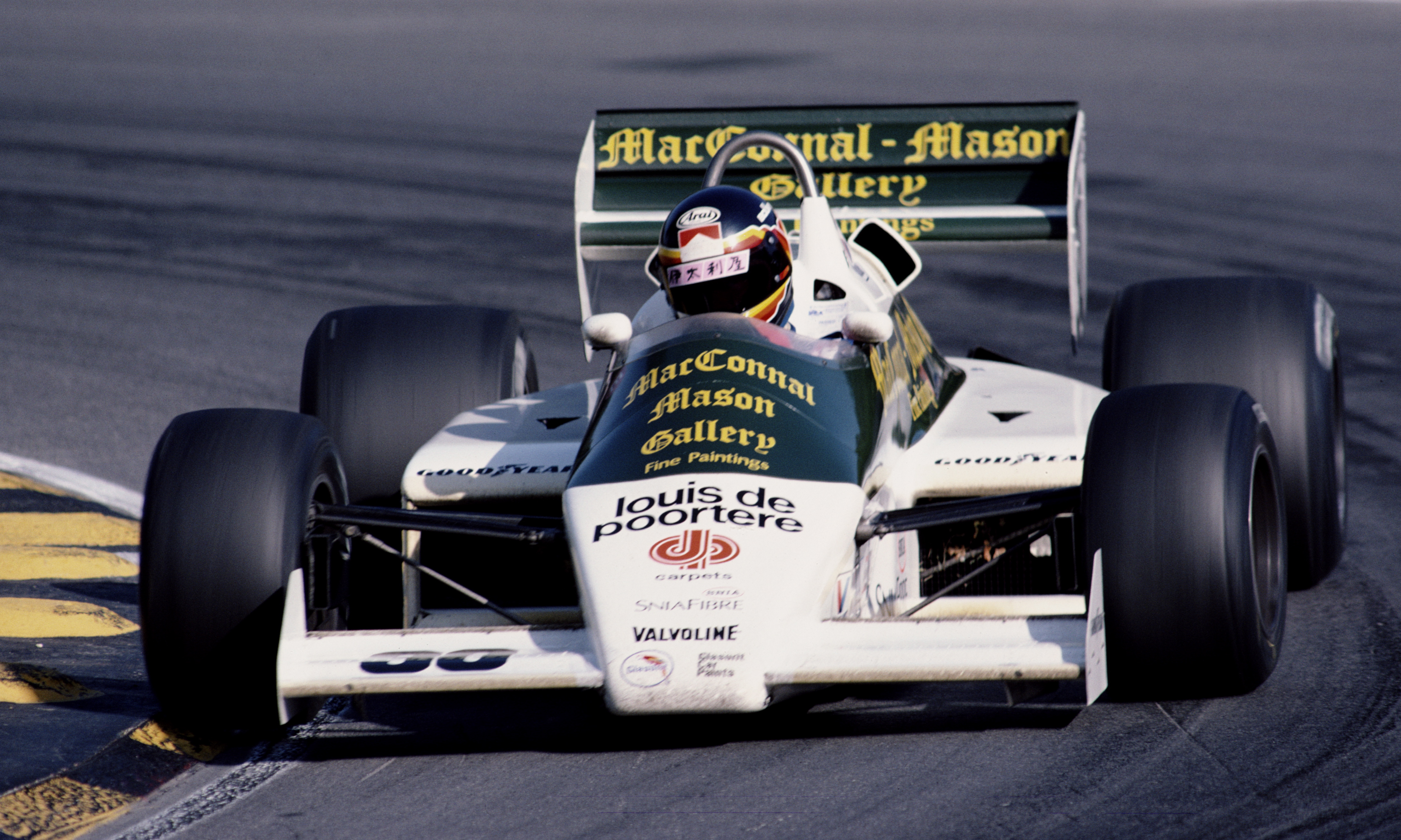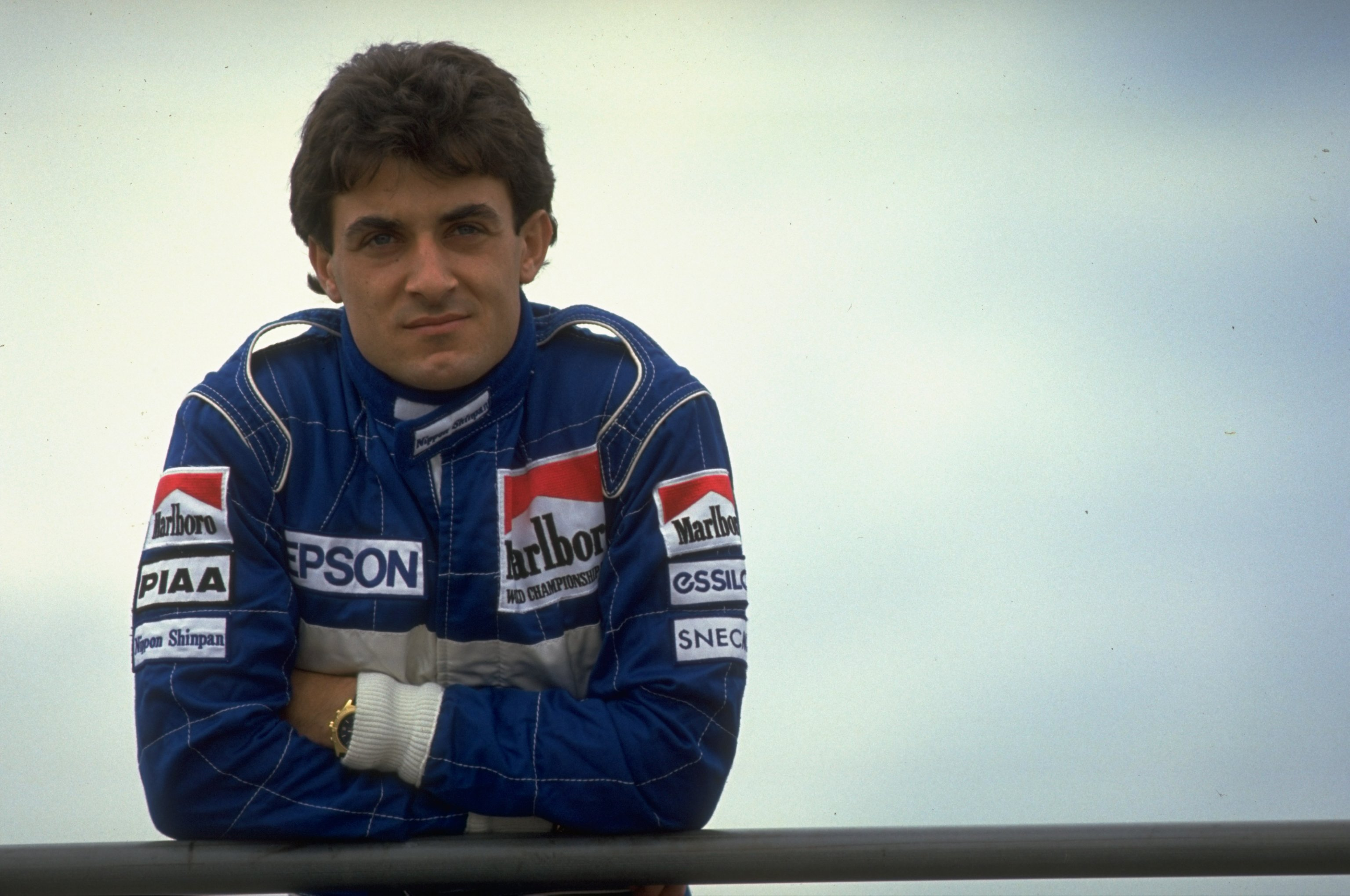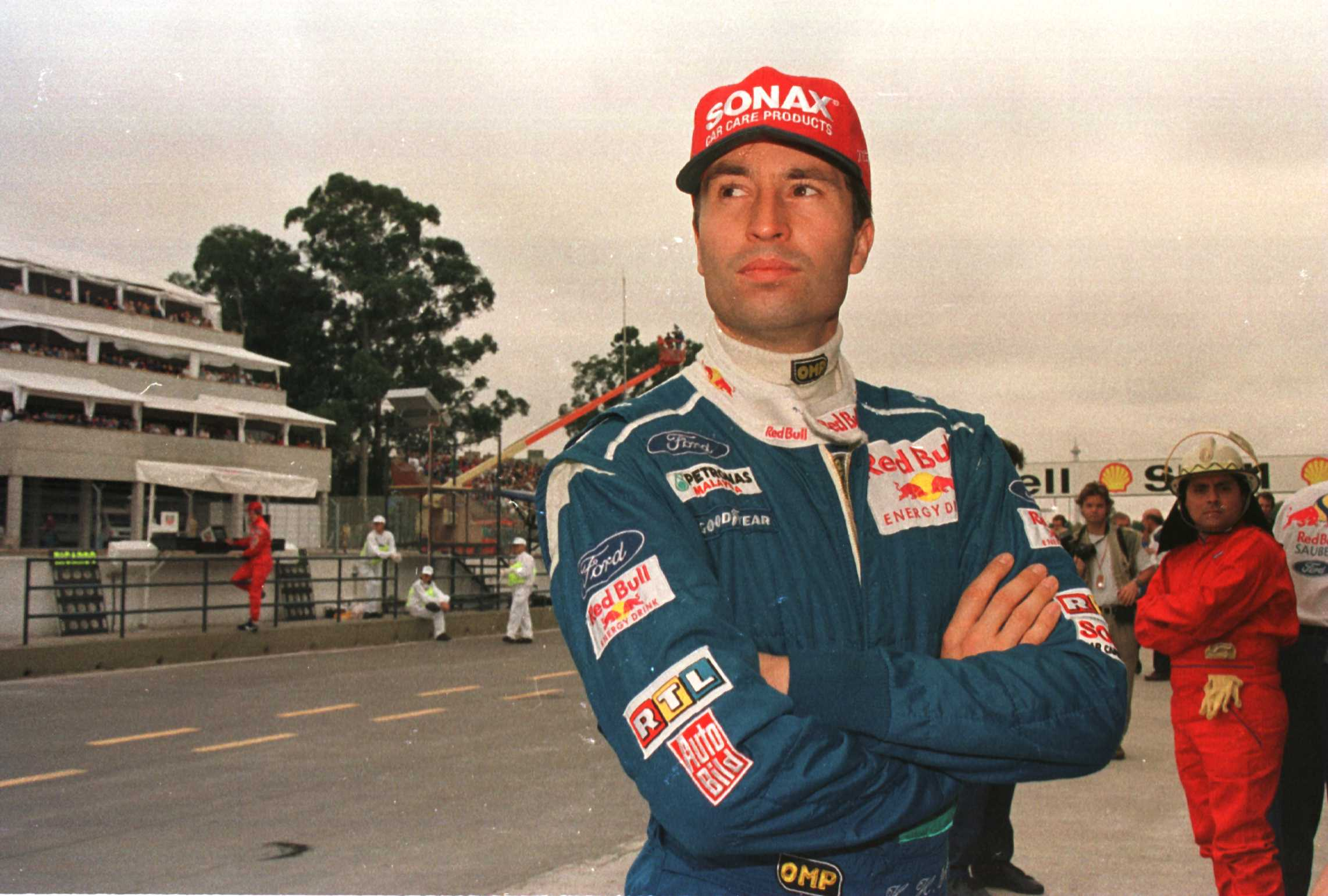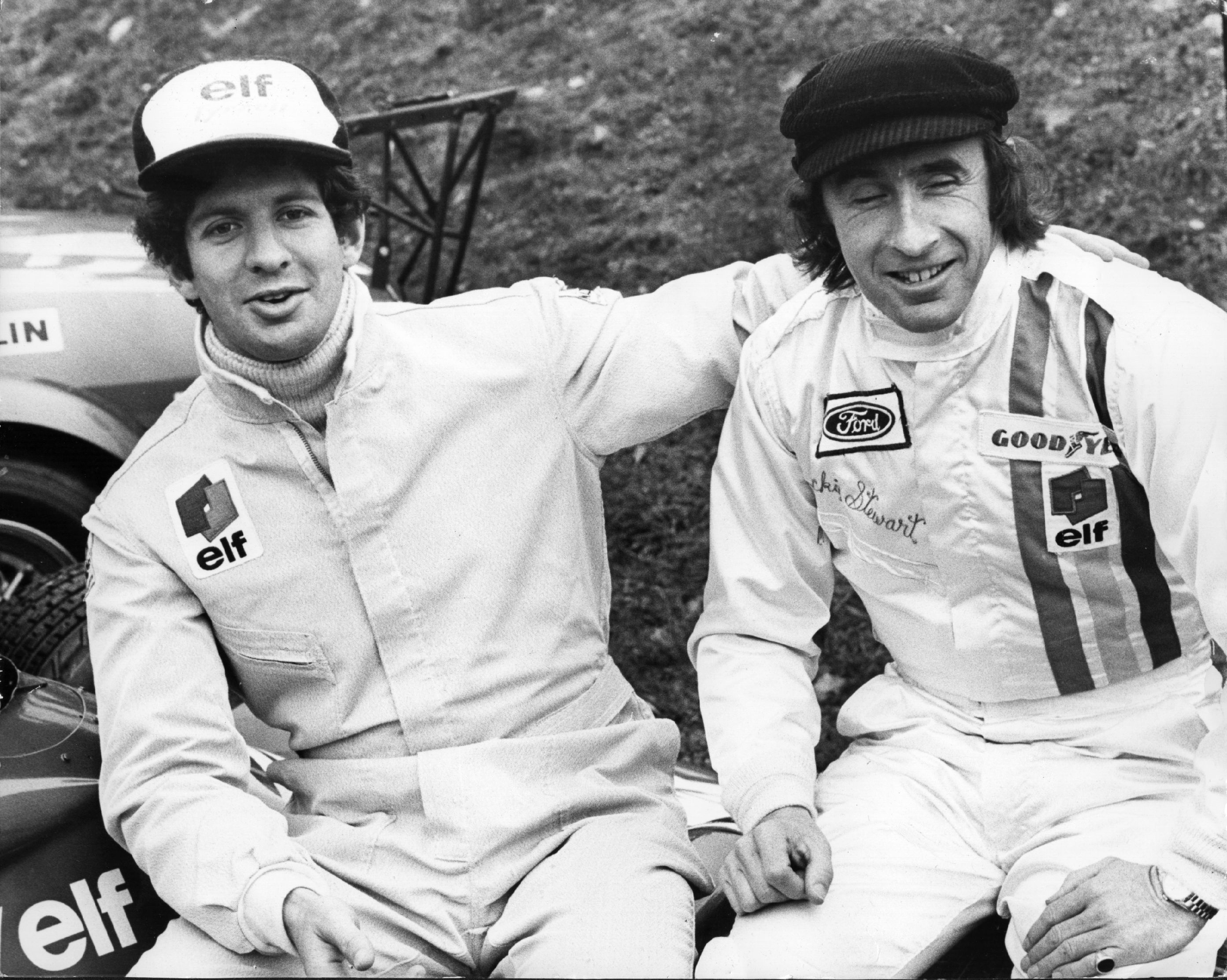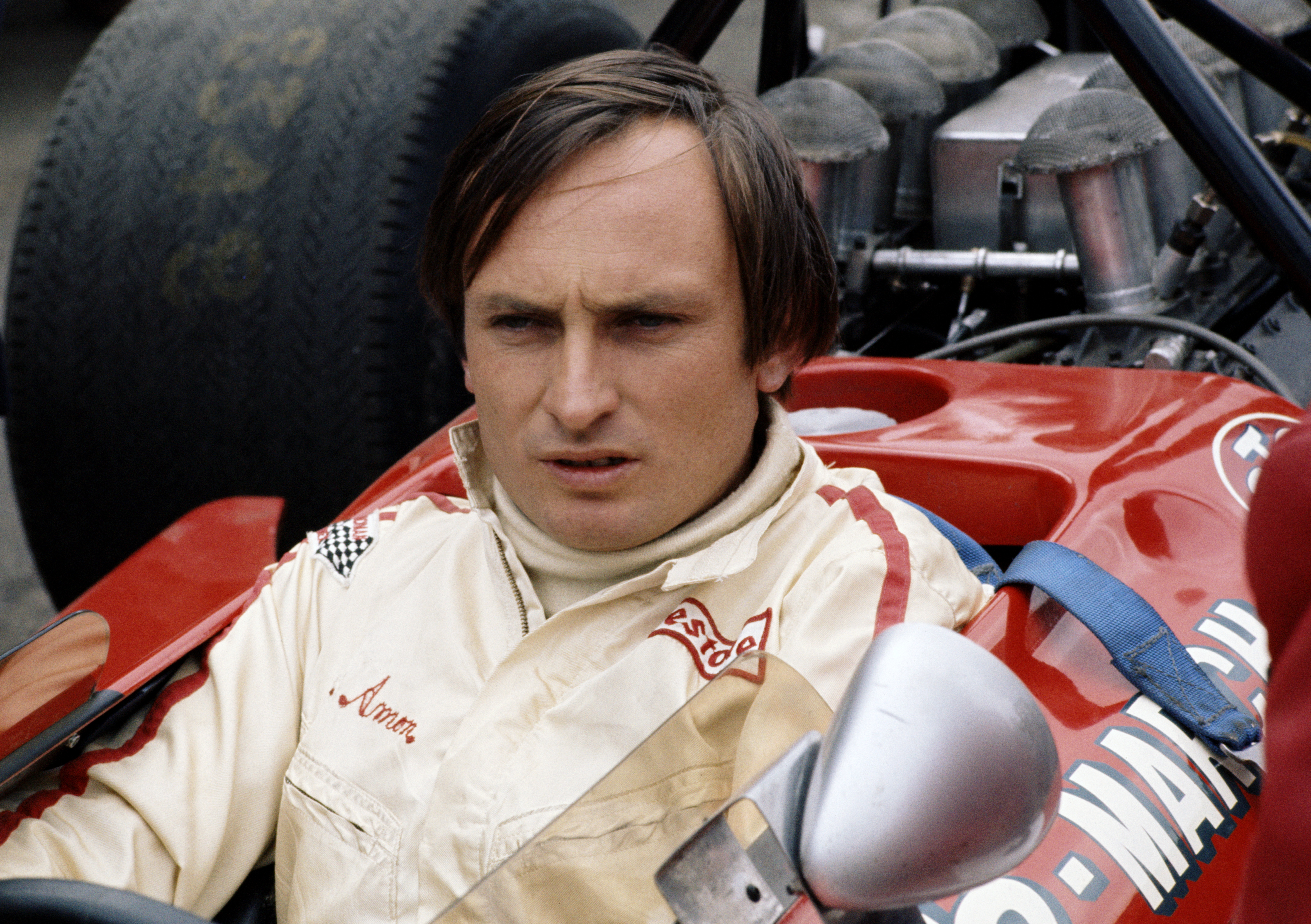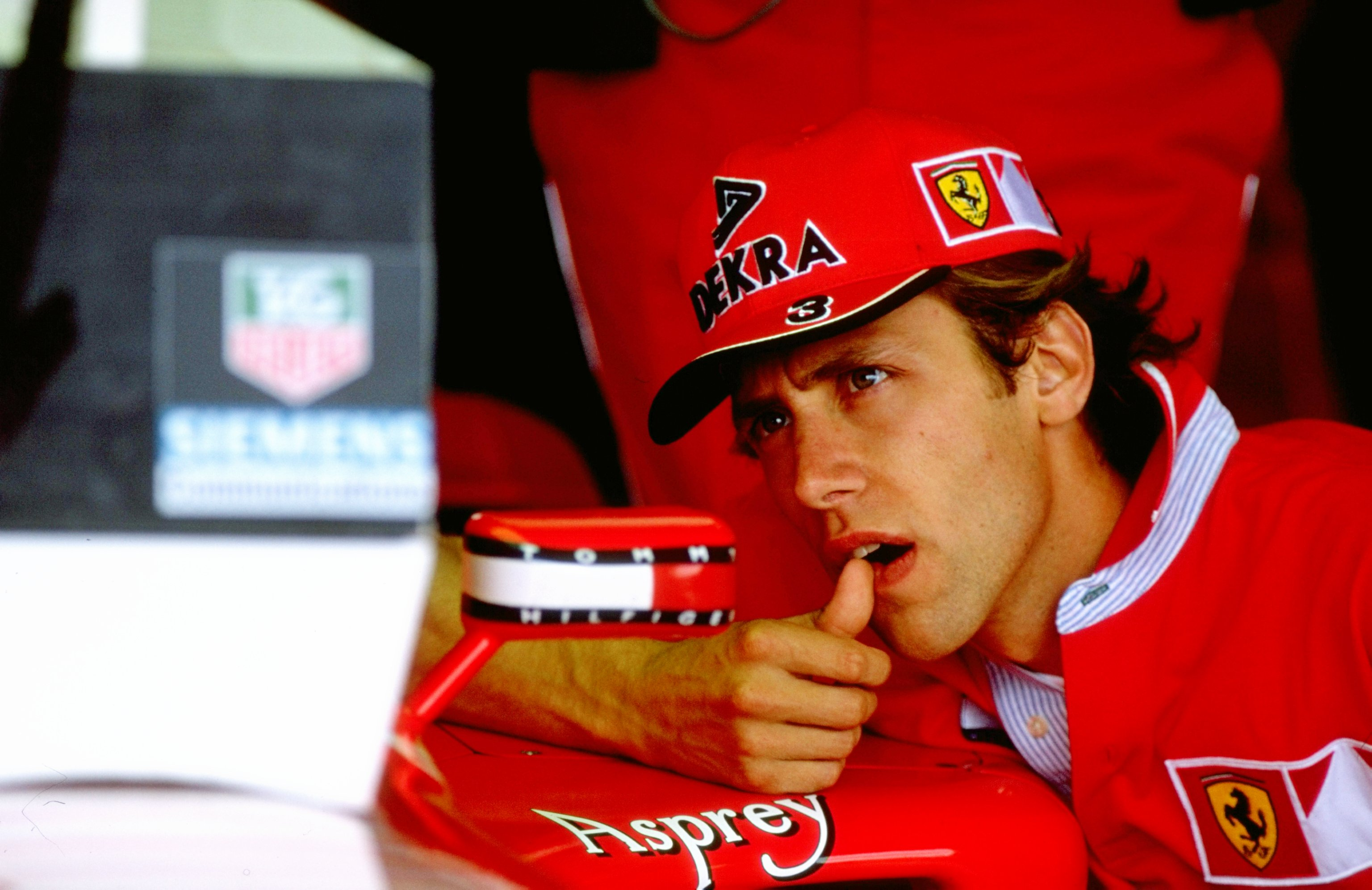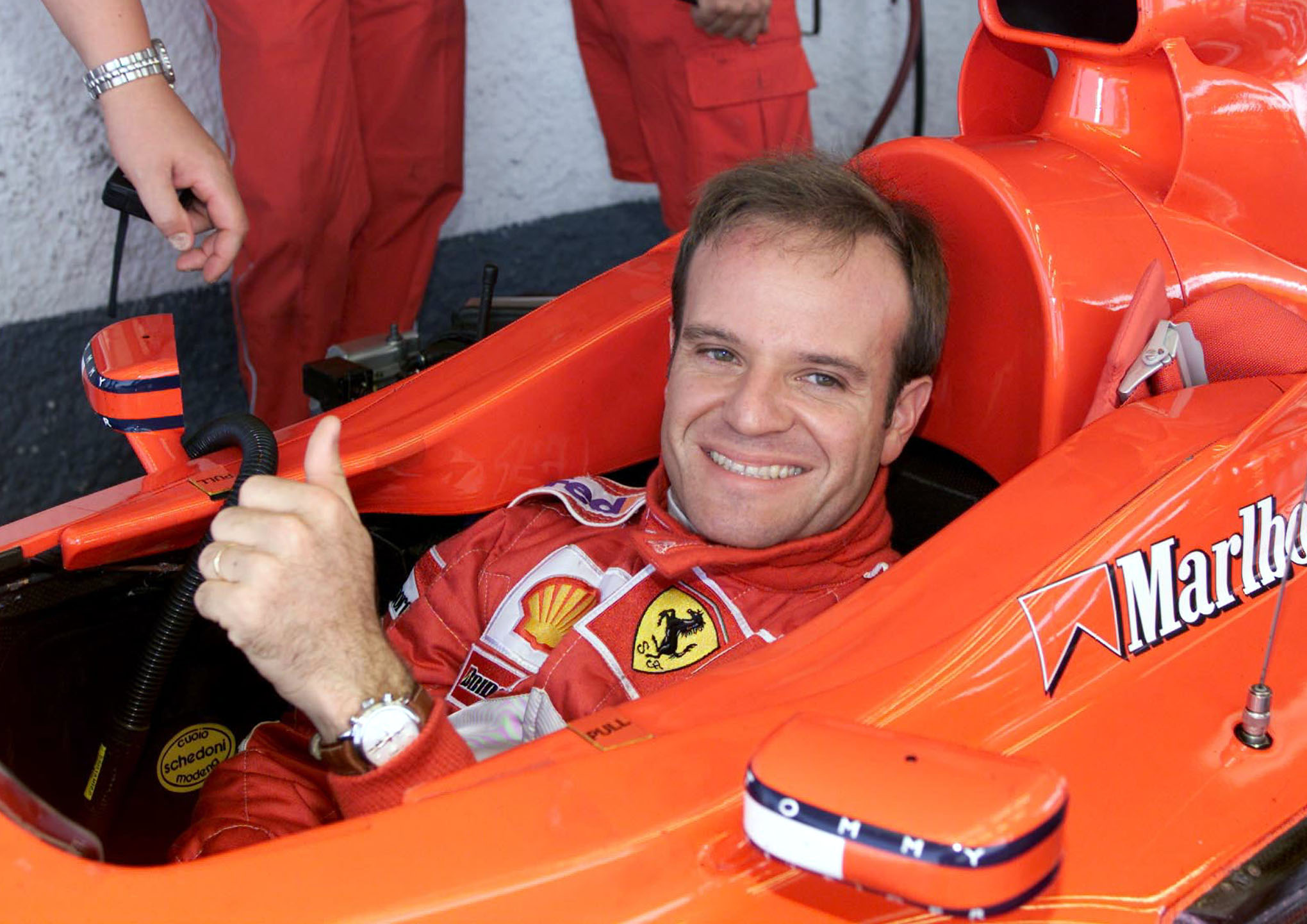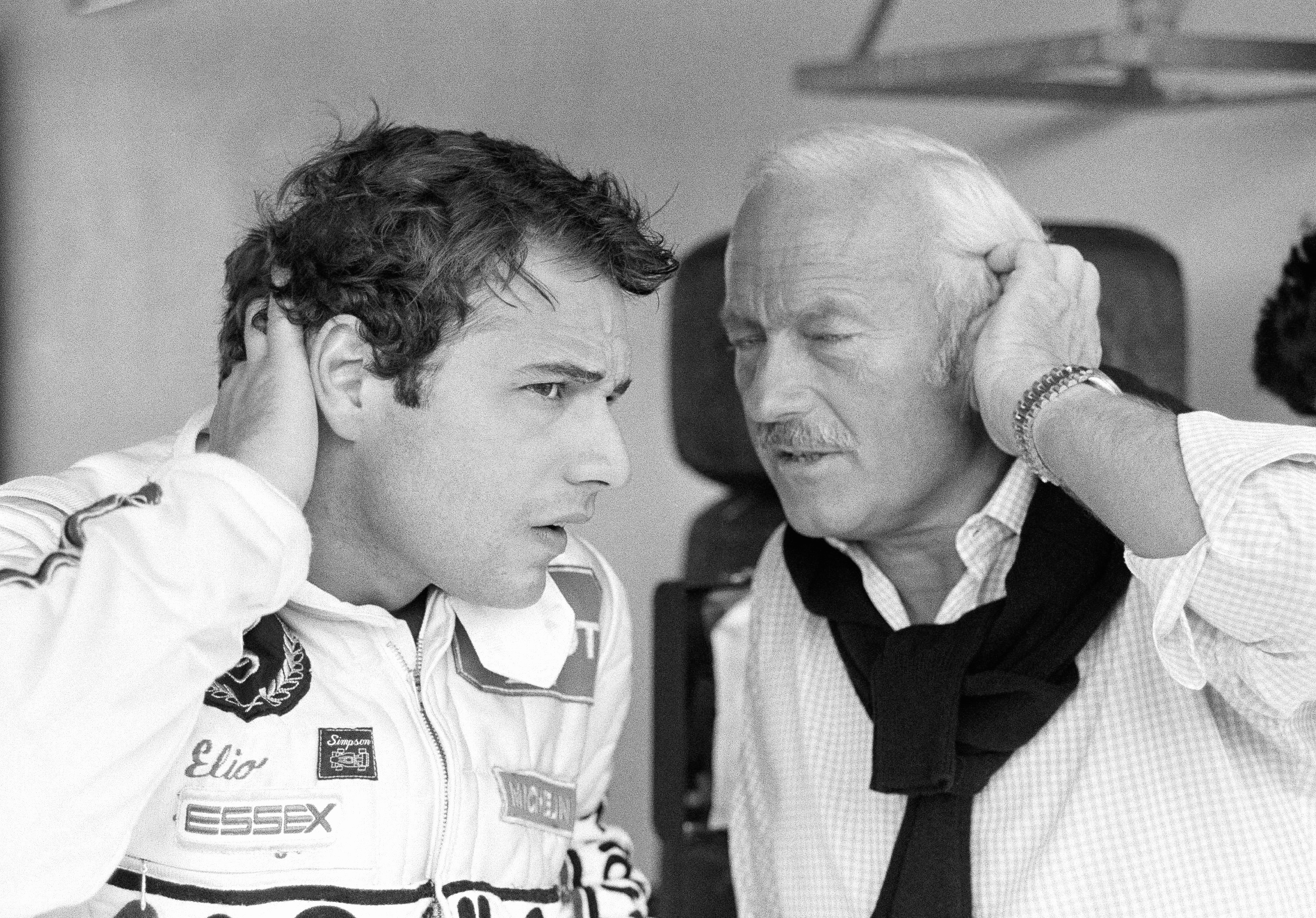15 Of The Most Underrated F1 Drivers Of All Time
We know the greatest drivers in Formula 1. These are the lesser-known legends who reached the pinnacle of motorsport.
Formula 1 has produced iconic drivers from each generation, men whose names will go down in the history books: Schumacher, Lauda, Hamilton, Fangio. But not every driver who has competed in the pinnacle of motorsport has been lucky enough to win a Championship — or a race — no matter their level of talent. Today, we're looking back through time to remember some of the most underrated drivers in all of F1's history.
Felipe Massa
-
Years Active: 2002, 2004-2017
-
Race Wins: 11
-
Teams: Sauber, Ferrari, Williams
Part of what will define Felipe Massa's legacy is not just his driving skill but his personality. His early career was defined by a raw speed that had plenty of opportunity to refine itself into greatness, but losing out on the 2008 World Championship followed by a difficult accident in 2009 put a damper on the Brazilian driver's promising career. Despite everything, Massa carried his setbacks with grace and leaves behind an F1 career to be proud of.
Carlos Reutemann
-
Years Active: 1972 – 1982
-
Race Wins: 12
-
Teams: Brabham, Ferrari, Lotus, Williams
Carlos Reutemann was one of those drivers that everyone expected to do well but who never quite landed in the right place at the right time and who struggled to make the best of a bad situation (and Reutemann faced plenty of bad situations). At once an emotional driver and a perfectionist, the Argentinian wouldn't be happy unless everything went exactly right, which worked against him.
In 1981, it looked as though Reutemann had a shot at a World Championship almost a full decade after his entry into F1, but it wasn't meant to be. Nevertheless, Reutemann was one of the most stunning drivers of his era, and his career deserves a deep respect.
Robert Kubica
-
Years Active: 2006 – 2010, 2019, 2021
-
Race Wins: 1
-
Teams: BMW, Renault, Mercedes, Ferrari
At his prime, Robert Kubica had the racing chops to take on certified icons of F1 like Lewis Hamilton and Fernando Alonso, but a nasty rally accident that nearly took his life put an end to a promising career — one that could have resulted in more than one World Championship with Ferrari.
Kubica's lengthy recovery and near decade-long hiatus from F1 meant his much-lauded 2019 return didn't quite leave him with the chops to fight for first, but his incredible spirit and exceptional racecraft will always define his legacy.
Ronnie Peterson
-
Years Active: 1970 – 1978
-
Race Wins: 10
-
Teams: March, Tyrrell, Lotus
Watching old clips of Ronnie Peterson doing battle in underpowered machines, it's no wonder the Swedish driver was a strong contender for Mario Andretti's 1978 World Championship. While no one could describe his style as "clean," Peterson was able to find performance from cars no one imagined to have race-winning potential, and he managed to complete overtakes where no one thought possible. Even Colin Chapman himself once admitted that, if Ronnie Peterson wasn't quick, it was a problem with the car, not the driver. In his spare time, Peterson collected tropical fish.
Unfortunately, Peterson's story ended in tragedy. He died of an embolism after a nasty crash in 1978, an event that otherwise would not have been fatal.
Jacky Ickx
-
Years Active: 1966 – 1979
-
Race Wins: 8
-
Teams: Cooper, Ferrari, Brabham, McLaren, Williams, Lotus, Wolf, Ensign, Ligier
Despite a stunningly successful career, Jacky Ickx never quite managed to win a Formula One World Championship, nabbing runner-up two times. He was a consistent finisher for much of his career, but Ickx had the misfortune of joining Ferrari during one of the team's dry spells, leaving Ickx retiring as often as he managed to finish a race. Later swaps to other teams never quite worked out for Ickx, as he was often the experienced veteran testing a brand-new car.
But when Ickx had a car capable of finishing a race, he was stunning. He won the 24 Hours of Le Mans six times and finished runner-up on three other occasions. He won the Bathurst 1000, the Dakar Rally, and a Can-Am Championship. He just never quite got things to work his way in F1.
Tony Brooks
-
Years Active: 1956 – 1961
-
Race Wins: 6
-
Teams: BRM, Vanwall, Ferrari, Cooper
In an era of motorsport known for danger, Tony Brooks developed a successful career around a simple plan: Survive. That instinct, Stirling Moss said, often resulted in Brooks prioritizing a clean race over a win, which could explain his second- and third-place finishes in the World Championship.
Despite that, Brooks was one of the finest drivers of the British invasion of postwar Grand Prix racing, and his win at the 1957 British Grand Prix marked the first time in F1 history that a British driver in a British car had won a British GP. After his death in early 2022, Brooks has been remembered as a true gentleman both on and off the track.
Alberto Ascari
-
Years Active: 1950 – 1955
-
Race Wins: 13
-
Teams: Ferrari, Maserati, Lancia
It may seem a little strange to include two-time F1 World Champion Alberto Ascari on a list of underrated F1 drivers, but the true breadth of his legend is often missed, especially when discussing his contemporaries like Juan Manuel Fangio. Noted for his precise driving style, Ascari was one of the safest drivers on the F1 grid until his death at Monza, and his legend includes winning nearly every single race during the 1952 F1 season, winning the Mille Miglia, and holding records including:
-
Highest percentage of race wins in a season — 75 percent in 1952, when he won six of eight races
-
Highest percentage of fastest laps in a season — 75 percent in 1952
-
Most consecutive fastest laps — Seven in a row; six in 1952 (Belgium, France, England, Germany, Netherlands, Italy) and one in 1953 (Argentina)
-
Highest percentage of possible championship points earned in a season — 100 percent in 1952
-
Most hat tricks (pole, win, and fastest lap) in the same season — five in 1952
-
Most consecutive laps led — 304 laps between the 1952 Belgian Grand Prix and the 1952 Dutch Grand Prix (meaning he led every lap for five races)
-
Thierry Boutsen
-
Years Active: 1983 – 1993
-
Race Wins: 3
-
Teams: Arrows, Benetton, Williams, Ligier, Jordan
Thierry Boutsen had a few stunning debut years with the Arrows team, pulling that car to finishes that should have been well beyond its capabilities, before he made a successful swap to Benetton and then Williams. Unfortunately for Boutsen, he proceeded to put all his eggs in the Ligier basket in 1991, where he proceeded to struggle through the remainder of his career while scoring a meager two points along the way.
It was poor timing for the driver, who retired from F1 in 1994 and moved on to touring cars and endurance racing.
Jean Alesi
-
Years Active: 1989 – 2001
-
Race Wins: 1
-
Teams: Tyrrell, Ferrari, Benetton, Sauber, Prost, Jordan
Jean Alesi's aggressive driving style may not have made him the most popular man in the paddock, but it helped the driver find success on the ladder to F1 and, once there, to make the most of the cars he was given.
Unfortunately, Alesi is yet another driver on the list to suffer from a case of very bad timing. The man left the Ferrari team in favor of Benetton just as Ferrari began to find success and Benetton began its downward spiral. His one race win at the Canadian Grand Prix was a testament to what Alesi could have done had he just had the right equipment.
Heinz-Harald Frentzen
-
Years Active: 1994 – 2003
-
Race Wins: 3
-
Teams: Sauber, Williams, Jordan, Prost, Arrows
Heinz-Harald Frentzen's biggest problem didn't come from his driving, it came from his environment; he was pushed to the big leagues of F1 alongside Michael Schumacher because Bernie Ecclestone decided the sport needed a German star. He found success with Sauber, Williams, and even Jordan, but Frentzen's biggest problem was the fact that he struggled to put together a complete race, from practice to qualifying to checkered flag — though when he was fast, he was desperately quick.
Unfortunately, Frentzen's name is most linked to his worst season in F1, and he struggled to find teams to support him as his career advanced. He's deeply worthy of a spot on this list.
Jody Scheckter
-
Years Active: 1972 – 1980
-
Race Wins: 10
-
Teams: McLaren, Tyrrell, Wolf, Ferrari
Yes, South Africa's Jody Scheckter took home a World Championship, but he's not exactly fondly remembered. Racing in an era that brought robust media personalities in the likes of James Hunt and Mario Andretti, Scheckter actively turned media away in favor of focusing on what mattered: His craft. Because of that, his success and rampant career growth tends to be overshadowed by his disastrous first lap at the 1973 British Grand Prix and other crashes during his debut years.
But Scheckter's success came no matter his team: the easy-going Tyrrell, the struggling Wolf, or the domineering Ferrari. His versatility is worth commending — and remembering.
Chris Amon
-
Years Active: 1963 – 1976
-
Race Wins: 0
-
Teams: Cooper, Amon, Ferrari, March, Matra, Tecno, Tyrrell, BRM, Ensign, Wolf-Williams, Lola, Lotus, Brabham
While Chris Amon is often considered one of the greatest F1 drivers to never win a Championship, his legacy can be easily forgotten when just looking at his race results. The problem was, Amon just had awful luck. He was often the odd man out when it came to post-season team reshuffling, which never really allowed Amon to come to grips with any one, good car. He had the chops to be a legend of his era, but not the car. As Mario Andretti once said, Amon's luck was so bad that "if he became an undertaker, people would give up dying."
Thankfully, Amon's career also included success in the Tasman Series, the 24 Hours of Le Mans, and other endurance races.
Luca Badoer
-
Years Active: 1993, 1995 – 1996, 1999, 2009
-
Race Wins: 0
-
Teams: Scuderia Italia, Minardi, Forti, Ferrari
Yes, Luca Badoer might hold the record for most race laps completed without scoring a single point, but his career has largely been overshadowed by his poor performance while being pulled out of the wings to replace an injured Felipe Massa in 2009. He won the Formula 3000 Championship on debut and was mired with a series of downright awful teams until his chance with Ferrari a full decade after his last race in F1.
And that record — the one about him failing to score points? Well, Badoer started off in F1 before the series adopted its current points-scoring format. So, despite several top-10 finishes, Badoer never scored a point for any of them, since points were only awarded up to sixth place.
Was Badoer ever World Championship material? Maybe not — but he is absolutely underrated in the sense that his career has faced an undue level of scrutiny that has undervalued his skills.
Rubens Barrichello
-
Years Active: 1993 – 2011
-
Race Wins: 11
-
Teams: Jordan, Stewart, Ferrari, Honda, Brawn, Williams
Rubens Barrichello's career largely suffered from one big problem: He was a Ferrari driver playing second fiddle to a dominant Michael Schumacher. While he wasn't the most reliable driver, nor was he the absolute fastest on the grid, he had a knack for discovering the limits of a car and bringing it home to the best finish possible. He was, in large part, one of the kindest men in motorsport capable of clean overtakes — but he never quite had a chance to be the number one driver in a team.
Elio de Angelis
-
Years Active: 1979 – 1986
-
Race Wins: 2
-
Teams: Shadow, Lotus, Brabham
Elio de Angelis' blistering speed was often at odds with his laid-back personality; he knew how to take a mediocre car and bring it home in the points, which he showed during the United States Grand Prix during his debut season in F1. He had the skills to beat experienced teammates like Mario Andretti and also taught a young Ayrton Senna the ins and outs of the F1 world. Unfortunately, de Angelis' early death due to injuries sustained during F1 testing in France nipped his success in the bud.
